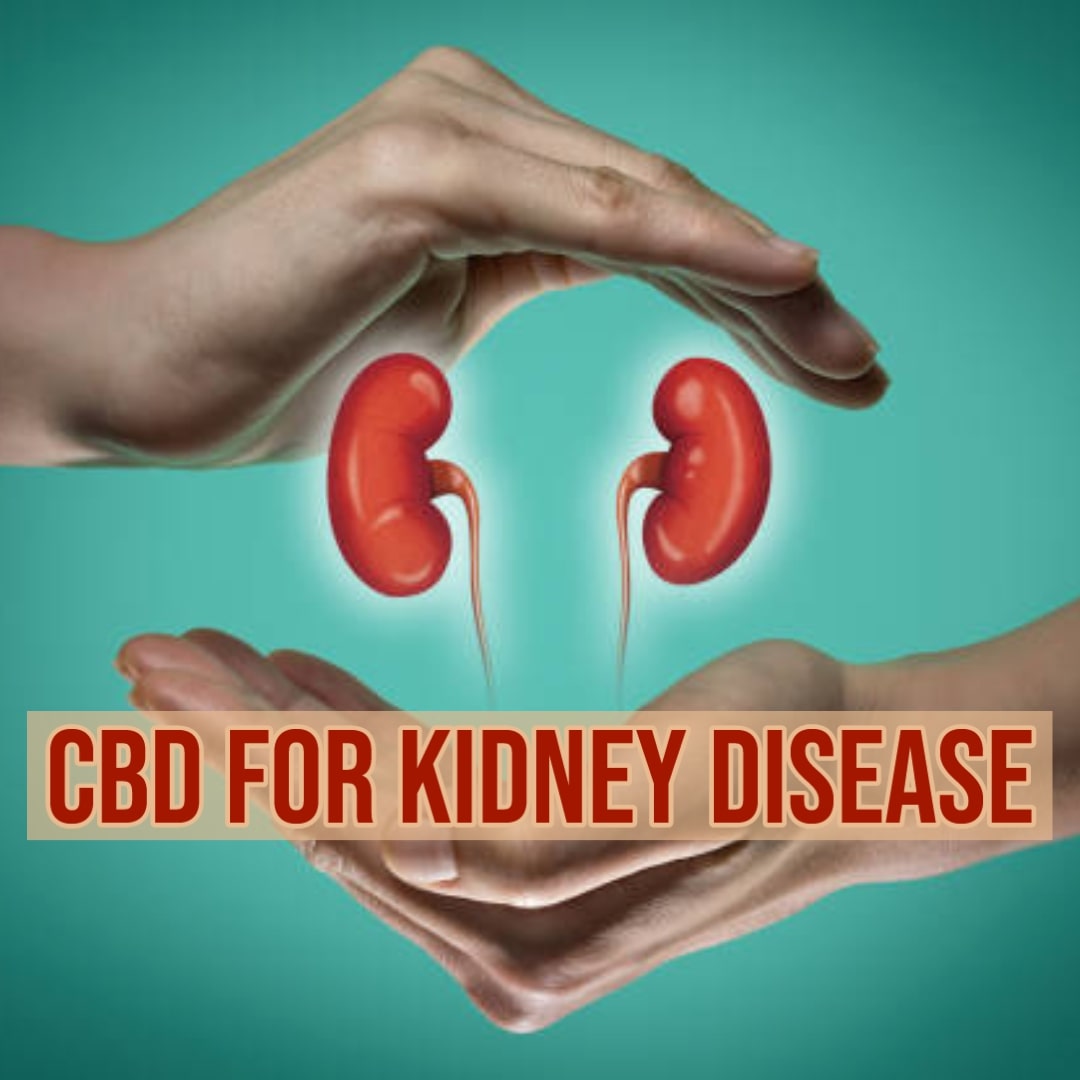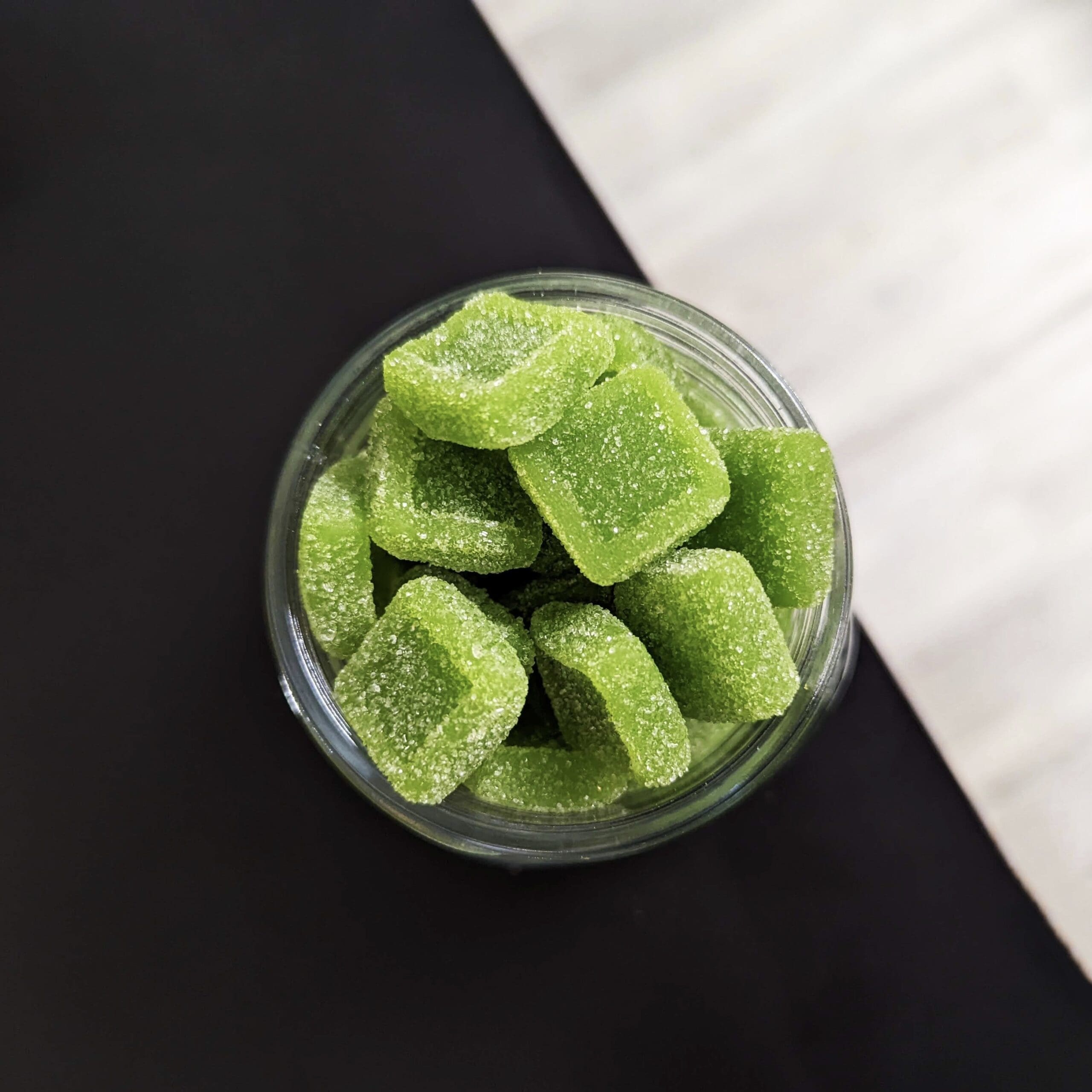Kidney disease affects 800 million people globally and it is one of the first causes of death. The kidneys are two bean-shaped organs located near the lower back on either side of the torso.
The job of the kidneys is to clean the blood and extract excess fluids. These fluids are then expelled from the body as urine. If the kidneys become impaired in their function, serious complications can follow.
People can live normal lives with just one functional kidney. However, the failure of both kidneys is a deadly condition and injury to one or both kidneys is often fatal. There are many different types of kidney diseases that include chronic kidney disease, hemodialysis, peritoneal dialysis, kidney stones, glomerulonephritis, interstitial nephritis, pyelonephritis, vesicoureteral reflux, polycystic kidney disease, and urinary tract infections.
Kidney disease is characterized by insomnia, dry itchy skin, persistent puffiness around the eyes, swelling of the ankles and feet, blood in urine, foamy urine, weakness and fatigue, loss of appetite and muscle cramping. Treatment for kidney disease includes dialysis and kidney transplants.
Dialysis is the process of removing excess water, solutes, and toxins from the blood in people whose kidneys can no longer perform these functions naturally. Dialysis produces negative side effects that include fatigue, low blood pressure, sepsis, muscle cramping, dry itchy skin, insomnia, bone and joint pain, sexual problems, dry mouth, anxiety, abdominal pain, and hernias. Cannabidiol (CBD) is a non-psychoactive compound derived from the hemp plant known for its potential therapeutic effects. Studies show that CBD may help alleviate the symptoms of kidney disease without the harmful side effects of dialysis.
CBD is not a cure for kidney disease and most forms of kidney disease have no cure. Treatment, especially for chronic kidney disease, focuses on managing symptoms.Our bodies have a system of cell receptors called the endocannabinoid system (ECS). The receptors themselves are called CB1 and CB2. Cannabinoids can attach to those receptors on the cell membranes and have a profound impact on the function of the cells.
The ECS is not well understood, but it seems to play a role in body homeostasis, which refers to the body’s internal balance. CBD does not bind to human endocannabinoid receptors. However, the presence of CBD in the system seems to stimulate production of natural endocannabinoids, which dobind to CB1 and CB2 receptors and aid in body homeostasis.
CBD might help alleviate the symptoms of kidney disease by reducing inflammation, managing pain, alleviating insomnia, alleviating nausea, regulating appetite, promoting heart health, preventing diabetes, managing mood, and regulating kidney function.
Our AHS 1500mg Isolate Tincture can be taken sublingually along with CBD: CBG infused gummies to help reduce the symptoms of kidney disease.
Always consult your primary care physician before starting a new treatment.
Our team of specialists are always available to provide you with education and assist you with any questions regarding CBD.






Leave A Comment
You must be logged in to post a comment.